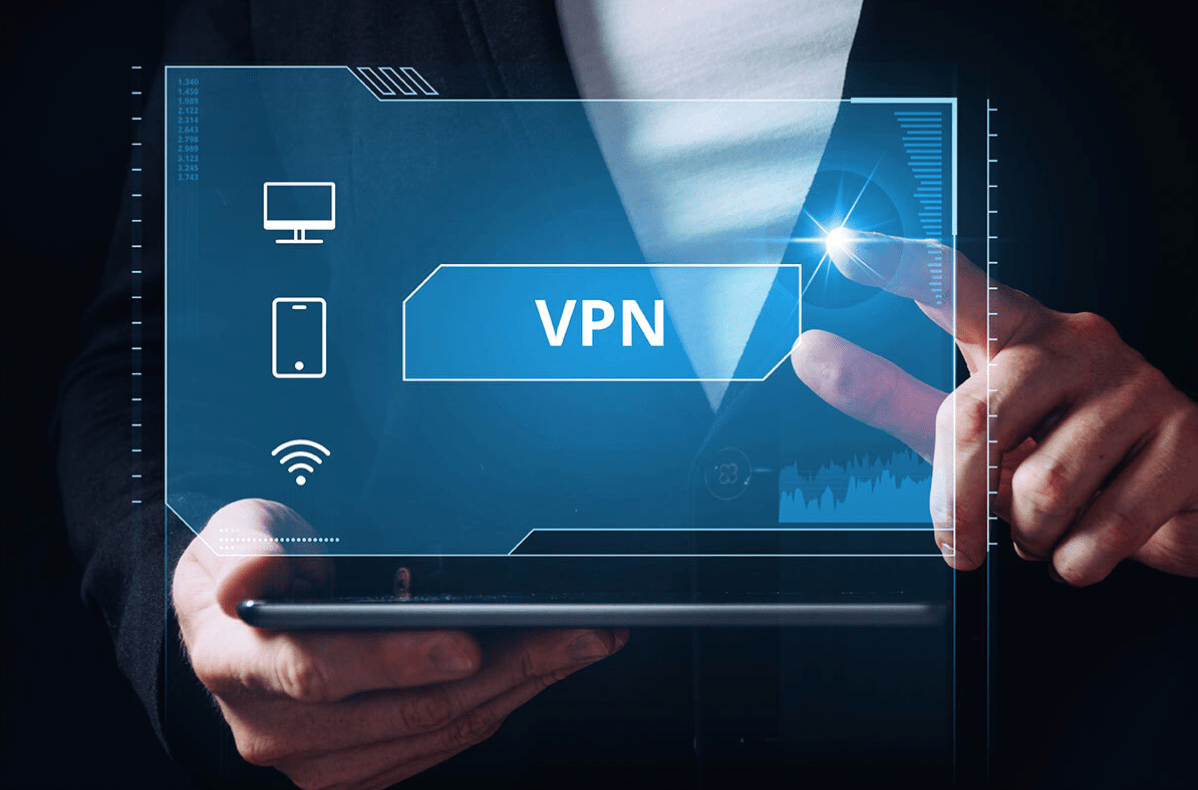Beyond browsers: Exploring extensions and tools to augment privacy
If there’s one thing Internet users are losing sleep over, it is privacy. Data breaches, cybercrime, and online tracking are consistently showing no signs of slowing down. If anything, these activities are increasing manifold due to technological advances and the use of sophisticated tools by cyber criminals. Even the government and ISPs are keeping track of the activities of Internet users.
Hence, it is more important than ever to safeguard your online privacy. One way to do this is by switching your web browser in favor of a more privacy-focused browser. For example, if you are an Android user, the best private browser Android is the Tor browser. The best private for iOS is DuckDuckGo, and so on. Of course, there are other options like Avast Secure Browser, Vivaldi, Brave, Epic Privacy Browser, Ghostery Privacy Browser, etc. All of these browsers offer unique protection features. You must assess your needs to make an informed decision.
However, switching to a privacy-focused private web browser is only the first step. To harden the security of your private information online and stop trackers from following you, the following tools and browser extensions are worth exploring.
Also Check – 6 iPhone Photography Tips You Must Know to Impress
Password managers
Wouldn’t it be wonderful to live in a world where you don’t need to remember so many different passwords for every website you use? That world is here! Thanks to password managers like 1Password and LastPass, your dream is a reality. Password managers securely store login credentials, generate strong passwords for each website, and even auto-fill them during logins.
The benefits of using password managers are:
- They eliminate the temptation of reusing weak passwords across multiple websites. You can leverage the password manager to create distinctive passwords for each of your online accounts. This reduces the risk of a data breach. Even if malicious actors get hold of the password of one of your accounts, your other accounts won’t be compromised.
- They eliminate the struggle to remember complex passwords.
- They even offer additional security features, such as data encryption and 2FA.
So, add password managers to your arsenal and browse without worry. You will find password manager apps that can be installed on your device, along with browser extensions.
VPN service
Your IP address is shared whenever you visit a website or send emails. Website owners, advertisers and other third parties can utilize your IP address to pinpoint your location. Then, you will be bombarded with irrelevant ads and your online activities will be monitored.
This is where a VPN service is useful. A VPN disguises your unique IP address by replacing it with a different public-facing IP so that your online security and privacy are enhanced. Additionally, a VPN creates an encrypted tunnel through which you send and receive Internet data. This prevents eavesdropping. Even if someone gets hold of your data, the data will be scrambled and incomprehensible.
Also Read – How to View Private TikTok Accounts?
The benefits of using a VPN service are:
- It safeguards your online activity, making it tough for third parties to track your location or browsing history.
- It allows users to bypass geographical restrictions. Some streaming services and websites restrict content based on location. Using a VPN, you can instantly connect to a server in a different country of your choice and bypass these restrictions.
Some of the top VPN providers are ExpressVPN, Surfshark and NordVPN. Please note that when choosing a VPN provider, you must prioritize a strong track record on security and privacy practices, robust encryption protocols, and a wide server network. Please steer clear of free VPNs as they often engage in data collection practices that might compromise your privacy.
You can opt to install a VPN app on your device or install the VPN extension on your browser.
Ad blockers
Video ads, intrusive banners, and pop-ups disrupt the browsing experience. More than that, there are potential security risks you must be aware of. Ad blockers effectively block these unwanted distractions and create a more secure, cleaner browsing experience.
The benefits of using ad blockers are:
- By blocking the loading of ads and pop-ups, ad blockers significantly improve the browsing speed.
- It allows you to focus on the content you see.
- It ensures online security by blocking ads that might contain malware.
uBlock Origin, Privacy Badger and AdGuard are some popular ad blockers you can use to improve your online privacy and security. Please note that ad blockers are generally extensions you can install in your web browser.
Privacy-focused search engines
Do you know traditional search engines track your browsing history and searches to personalize the results? While this is helpful, it creates a filter bubble where you are only exposed to results confirming your existing beliefs. To escape this filter bubble and to make sure your browsing history is not being monitored, use privacy-focused search engines. These search engines prioritize user privacy and show unbiased results. Some popular privacy-focused search engines are Qwant, DuckDuckGo, and Startpage.
Email encryption tools
In the era of instant messaging applications, email may seem like a relic of the past. However, email is still widely used today for business and personal communication. Unfortunately, standard email is not encrypted. Hence, your messages are at risk of being intercepted while it is in transit.
To ensure your email messages are encrypted and only the intended recipient can read the contents of the email, you must use email encryption tools like Virtru and ProtonMail. Knowing your emails are prevented from the prying eyes will give you complete peace of mind.
Beyond tools and extensions: Privacy-conscious practices to implement everyday
- Be careful of what you share online, especially across public forums and social media sites.
- Use strong, unique passwords for all your websites. Don’t make the mistake of reusing passwords across multiple sites. Also, enable 2FA and MFA.
- Beware of phishing attempts, and don’t click on suspicious attachments or links in emails.
- Keep your software updated because outdated software contains vulnerabilities that can be easily exploited by hackers. You can also hire top cloud security companies to protect your personal or business data, preventing it from falling into the hands of hackers.
- Exercise caution when using public Wi-Fi networks. Do not conduct sensitive activities like entering passwords or online banking when connected to unsecured public Wi-Fi. Use a VPN so there’s an added layer of security.
So, use these extensions and tools to augment privacy and browse the web confidently.


